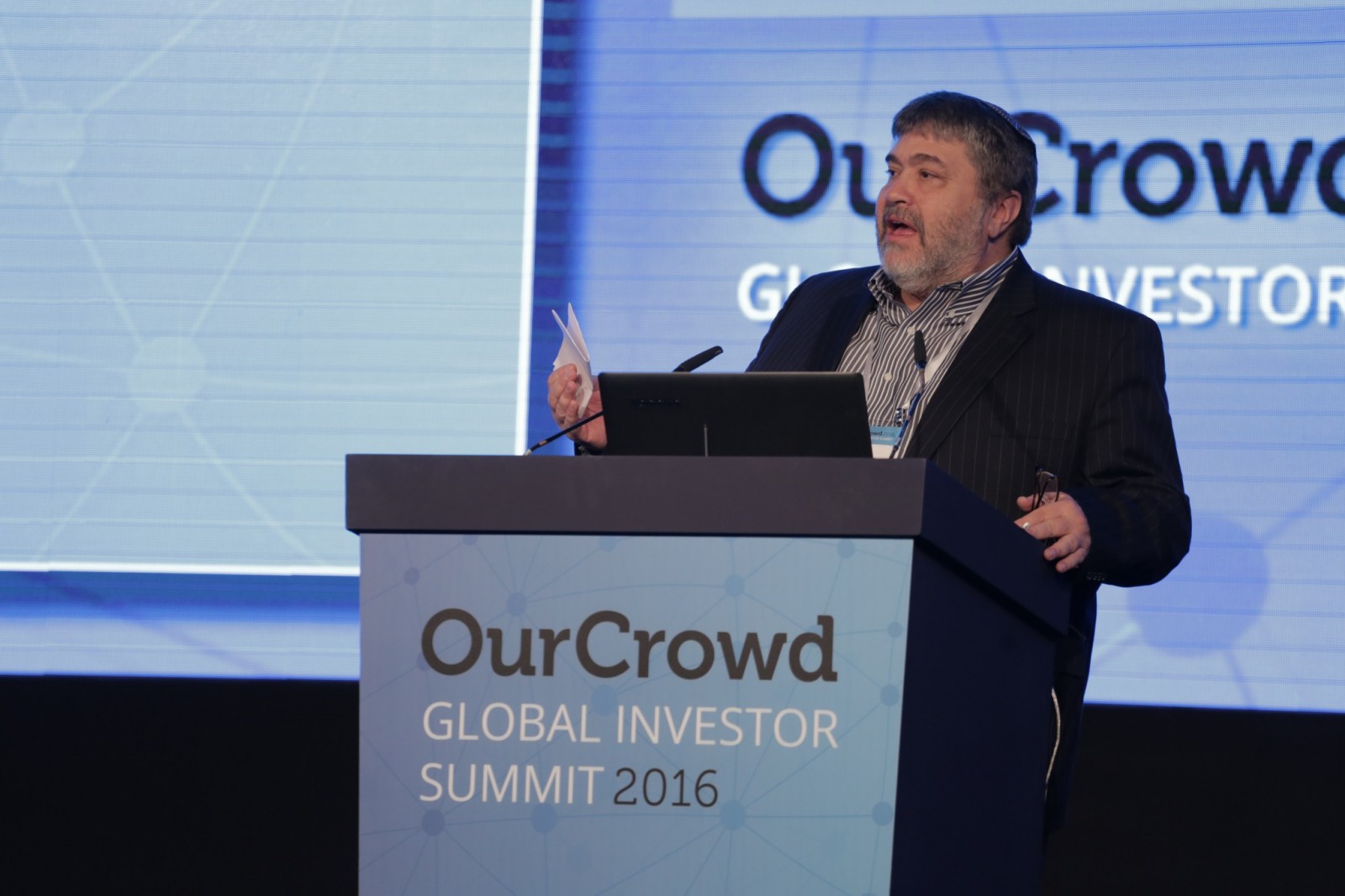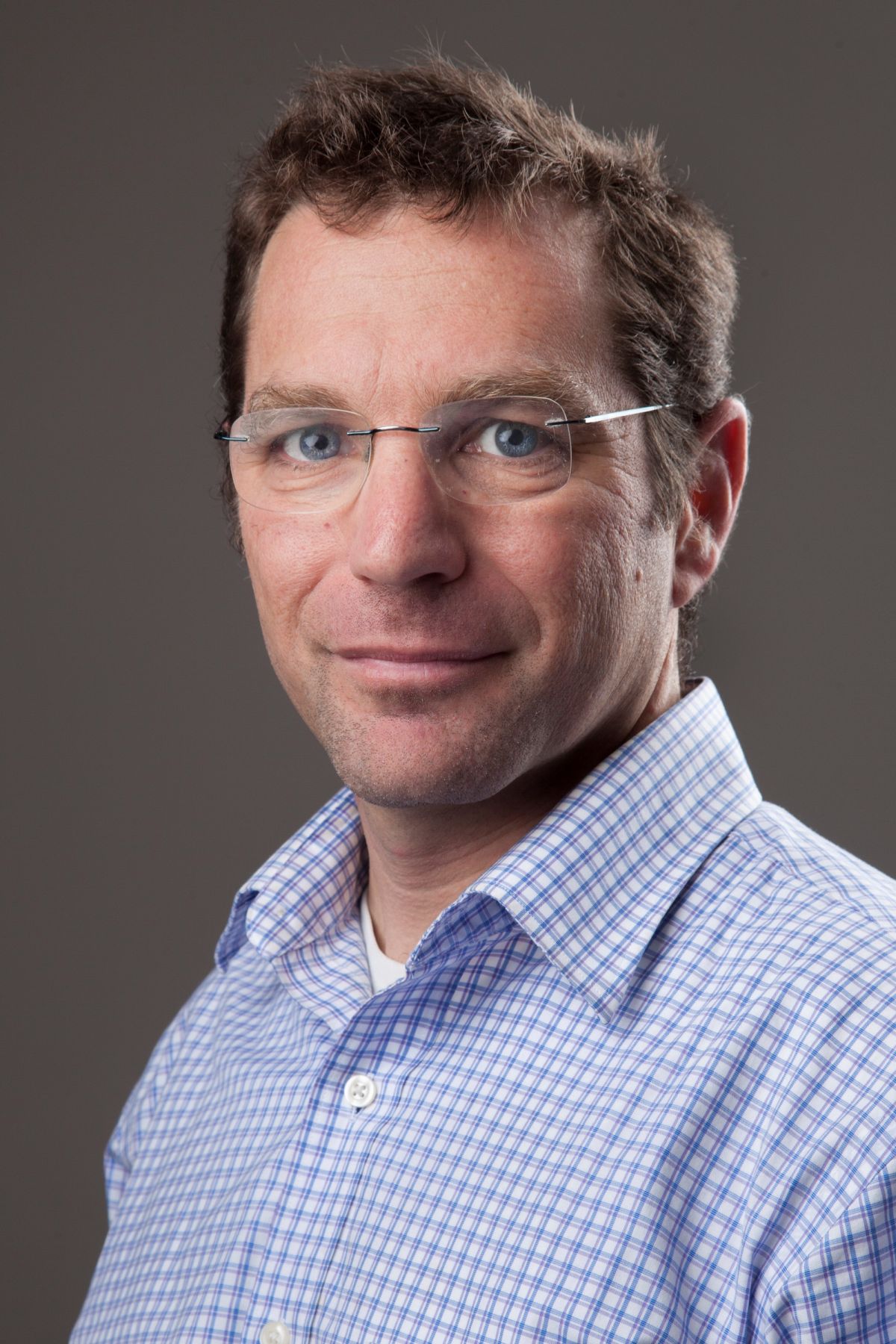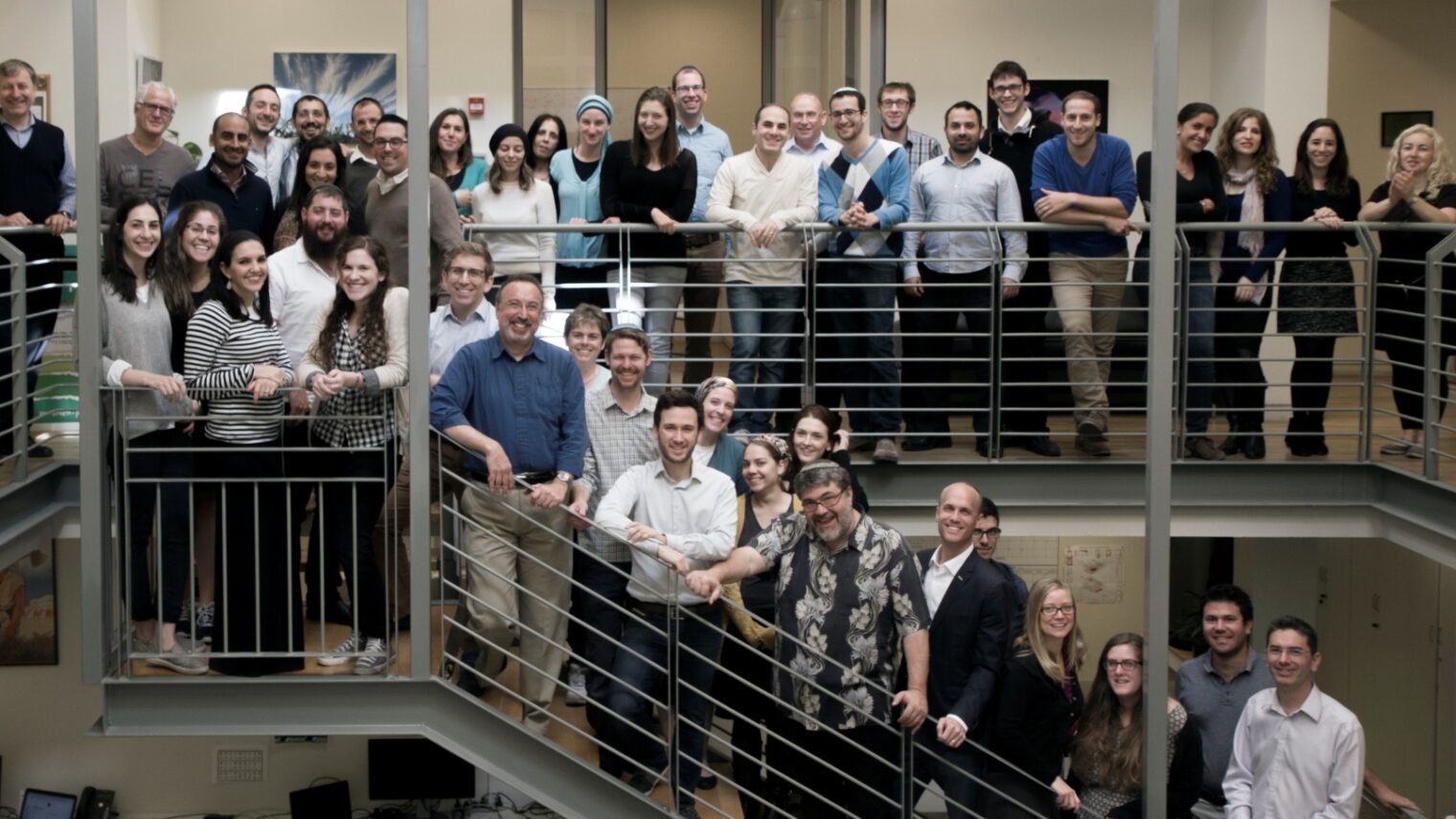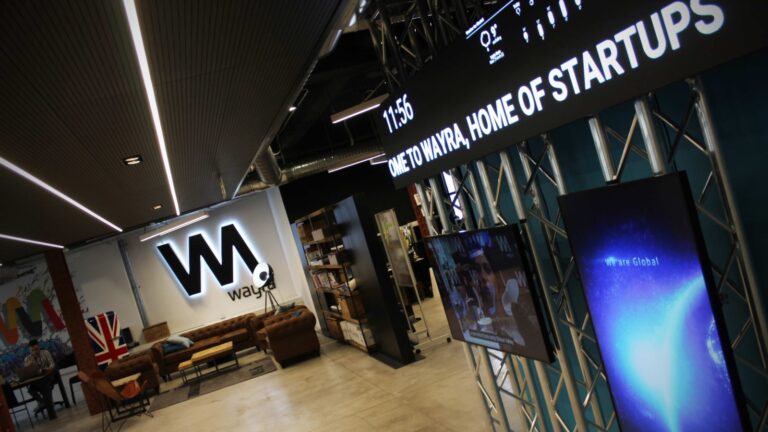It won’t be an ordinary anniversary party when Jerusalem-based OurCrowd showcases its lineup of startups to an expected 5,000 members of the global tech investment community at the 2017 OurCrowd Global Investor Summit, on February 16.
Launched in early 2013, OurCrowd’s equity crowdfunding platform enables accredited investors to put money into vetted startups, mostly Israeli, in which OurCrowd also has a stake.
In its first four years, OurCrowd has raised some $320 million for investment in about 100 portfolio companies and specialized funds. Two of its startups have had IPOs and seven have been acquired.
Some examples of other equity crowdfunding ventures help put those figures in perspective: Crowdcube, founded in 2011 to advance British startups, has raised more than £200 million (about $250 million) from more than 330,000 registered investors; two of its startups have had exits. San Francisco-based CircleUp, also founded in 2011, has brought $285 million in capital to emerging consumer-products brands and currently has 66 portfolio companies.
Israeli businesses increasingly attract global investors. In the first six months of 2016, 361 Israeli high-tech companies raised $2.8 billion, according to IVC Research Center. IVC reported 45 exits by Israeli startups in the first half of 2016, worth $3.32 billion. The second half of the year saw high-value exits such as Sabon ($129 million) and ValTech Cardio (up to $690 million).
Reflecting that trend, OurCrowd now has close to 16,000 investors from 112 countries and has branch offices in Herzilya, San Diego, New York, Sydney, Toronto and Singapore, with two more on the way.
“They say the only way to predict the future is to create it,” says CEO and founder Jon Medved. “And we’ve been very fortunate that the company has turned out to be far more important and bigger and more successful than I ever dreamed possible.”

OurCrowd, named to Fast Company’s 2015 top 10 most innovative companies list, is facilitating ever increasing deal amounts – such as last January’s $20 million Series A round for mPrest, maker of Iron Dome technology.
“If in the beginning you had told me we’d be writing checks for more than $10 million for individual companies I wouldn’t have taken you seriously, but that’s happening,” says Medved.
Series C funding in September 2016 put $72 million more into OurCrowd’s own coffers.
“One key challenge we face now is how to move from being a crowdfunding organization alone to being a crowd-building organization as well.”
An increasing part of the mix are funding options focusing on specific verticals, stages and locations: digital-health fund OurCrowd Qure, early-stage companies fund OurCrowd First, late-stage companies fund OurCrowd Continuity, ag-tech accelerator fund Radicle and the upcoming OC50 enabling a minimum $50,000 investment in a group of 50 portfolio companies.
Scaling up
What this means is that a startup founded to nurture other startups has entered the phase all novice Israeli companies hope to reach: scaling up and going global.
“There are new exciting opportunities in front of us and we have to redouble our efforts,” Medved tells ISRAEL21c.
“One key challenge we face now is how to move from being a crowdfunding organization alone to being a crowd-building organization as well. We want to deploy the network of our investors – we hope to have 100,000 by the end of the decade — to help our companies connect with experts and partners globally.”

OurCrowd General Partner Elan Zivotofsky tells ISRAEL21c: “We realized that the ‘crowd’ — our growing investor network – can contribute so much more than capital. We have already begun to leverage the personal relationships and networks of the crowd for our startup companies.”
He says OurCrowd is using technology to enhance its ability to determine which investors could be strategically valuable for a given company and facilitate that value, leading to “an unparalleled business network that can open doors.”
OurCrowd also is getting investors with appropriate expertise involved in due diligence and deal sourcing, adds Zivotofsky. Some 5,500 new businesses have applied to be part of OurCrowd since its inception.
Diversifying geographically
Medved notes that about 30 percent of OurCrowd’s deals today are outside Israel. “What’s cool is that they are still part of building a network with Israel at its hub.”
Increasing attention is focused on entrepreneurs far from “geographically privileged” California, Massachusetts and New York.
“The VC industry is not based on who has the best innovation but on who can get a warm introduction to a partner. We’re trying to break that barrier,” says Zivotofsky. “We’ve made investments in six different countries and are looking to expand to less traditional places.”
In addition, OurCrowd is studying how best to “leverage the completely unanticipated, unbelievable interest in our platform on the part of large corporations,” Medved says.
“Early on, General Electric approached us and said they wanted to join the crowd. We established a long-term wonderful relationship where we co-invested in a bunch of companies and worked closely with GE on innovation and knowledge sharing. That has expanded to other corporations. We are in discussions with dozens that want to use our platform to scout, to invest and to find partnerships.”
The upcoming February summit, said to be the biggest equity crowdfunding event in the world, will give potential investors and corporate partners an opportunity for face time with OurCrowd management and more than 100 startups.
“All corporates have woken up to the need to embrace innovation,” says Zivotofsky. “We want to get them together to celebrate innovation, entrepreneurship, company building and the power of the crowd when applied toward investing.”
For more information, click here.

















